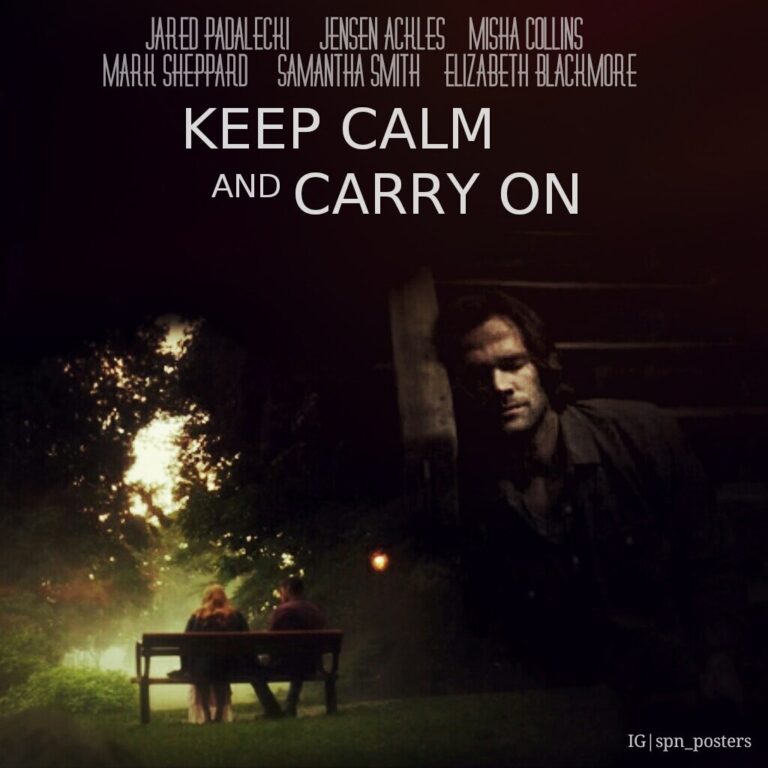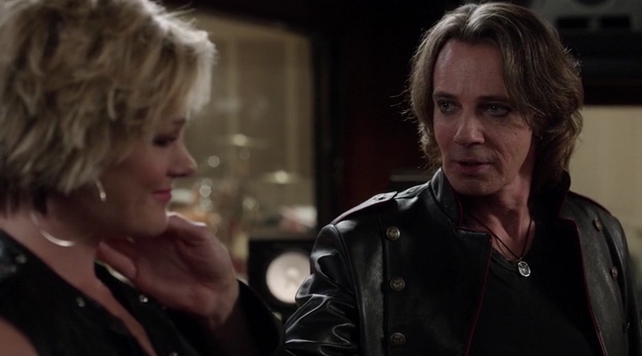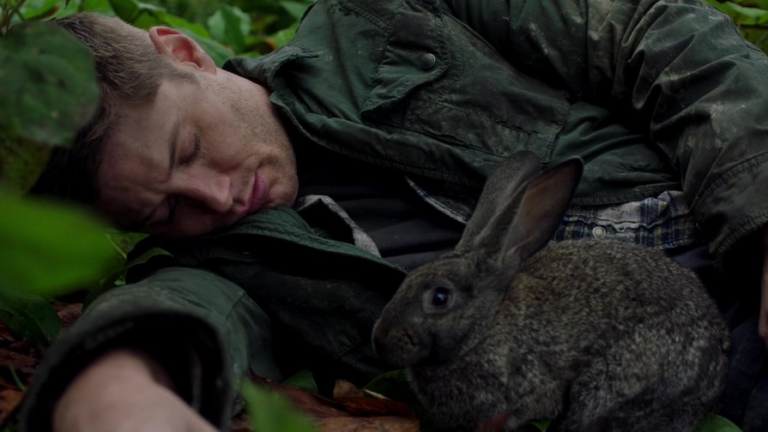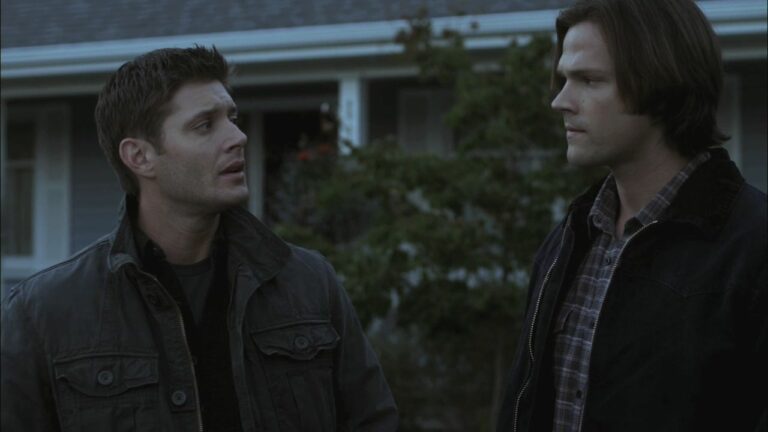Nate’s Graphic Novel Review: Supernatural “Beginning’s End”
“Sam is so serious,” agrees staff writer Daniel Loflin, who co-wrote the third Supernatural comic series, Beginning’s End, with his screenwriting partner, Andrew Dabb. “That’s one of the things we tried to tackle with the comic books: ‘Why is Sam so serious?’ It’s basically because before Mary died, Dean got to experience life with her and with John as a normal dad, whereas Sam grew up with this hardened, militaristic, revenge-driven man, so Sam reflects the serious side of John Winchester and Dean the more carefree side.” – From the Supernatural season 5 companion book, pg 155.
Well, I wanted to have this out for the month of August and then some catastrophes hit. Thank you for your patience! Beginning’s End is the third comic miniseries tie-in for Supernatural. It is another prequel story, covering the time when John and the boys were all hunting together, right before Sam left for Stanford. To follow the graphic novels’ backstory for Supernatural from the beginning, enjoy my narration and review of the first two books, Origins and Rising Son! Now, let’s rejoin the hunt in Beginning’s End!
https://www.youtube.com/watch?v=2ZFQ8OxqLD4&feature=youtu
In my review, I stated that a lot of this comic foreshadowed how Andrew Dabb was going to run things when he took over the show. I want to make it clear that I don’t object to Andrew Dabb recycling an earlier writing project (i.e. this graphic novel) for the show. Not. At. All. Recycling ideas is a standard part of the writer’s toolbox for a variety of reasons.
My main objection is that if you revisit or recycle a writing idea, then you must make sure that you improve upon the idea. No matter how small. Your original effort is like your rough draft, when you come back to it, it should be improved just like every second draft should be an improvement over the first.
Rereading this comic, at best I feel like it was a lateral move. There’s some irony in that the villain we spend the least amount of time with (evil Colonel Sanders in both cases) has the most clear motivation, while the villain we spend the most amount of time with (the opposed hunting forces in both cases) have either dubious motivations, or conflicting ones. The idea of a bad hunting organization is not an unworkable one, the problem is that both times, Dabb cannot explain why they are bad other than they are opposed to our heroes.
Also, looking at both versions of the story convinces me that one of their common weaknesses is interpersonal conflict. There’s real potential in exploring the dynamic between John and Sam and what drives them to fight. Dads and sons can have real conflicted relationships even as they love each other, believe me. But there needs to be more than just “gotta make him hate me so he’ll kill me” behind John’s near psychotic actions in this story. It’s really difficult, if not impossible, to square the John we see in this mini-series, with the one we’ve seen in the previous issues and in season 1 of the show.
I feel like arguments are one of those things that are really easy to write, but difficult to master. Like in the Monty Python comedy sketch, you can have two characters just contradicting each other, but that’s not enough. Real, great drama comes from two conflicting motivations. It’s a cliché, but it’s probably a good place to start: the old “lovers in danger” argument. 1 loves 2 so 1 has motivation to go out into danger and protect 2. However, 2 also loves 1, so 2 has motivation to keep 1 from dying. Thus, the resulting conflict in a tense moment. (Yes, you can still mess that scene up and do it poorly, but you have to practice somewhere.)
Beyond John and Sam (which I ranted about in the video), what is the motivation of their enemy? What does Cox’s crew hope to accomplish? Why do they hope that? What is the British Men of Letters’ end goal? Why do they want it? Pick almost any other season, any other villain, and I feel like I could largely answer these questions (with some exceptions – I still can’t tell you what Metatron wanted). Here? The only answer seems to be, “fur da evulz.”
Again, it really bothers me that they didn’t try fitting this into continuity better than they did.
Use WFB’s Book Reviews as your guide to all of Supernatural‘s tie-in novels (graphic and traditional books)!
Check out my previous interviews and reviews to learn more about storytelling in and around the Supernatural universe!
What did you think of the story itself? Did this comic change or affirm some of your opinions on John Winchester or the Winchester family dynamics?
Please add your thoughts on my review below!







Leave a Reply